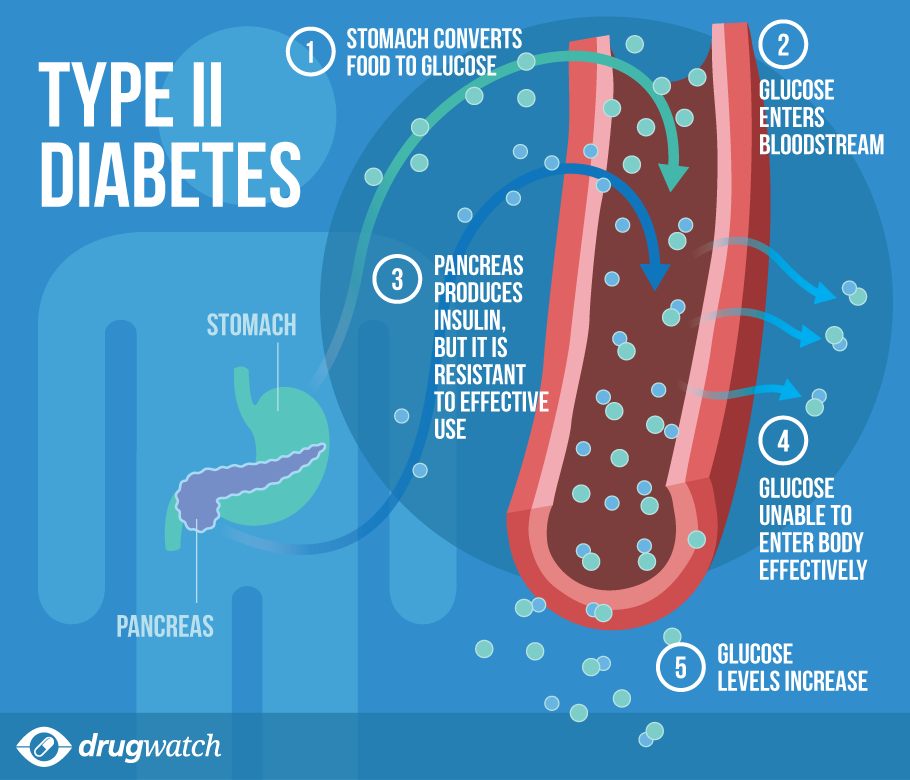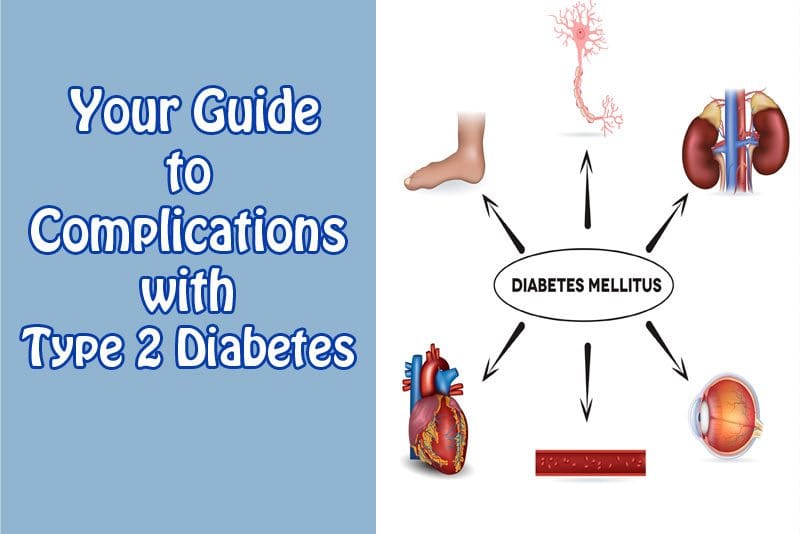Diabetes Complication Glucose
10 Known Diabetes Complications Webmd
Diabetic retinopathy is a very common diabetes complication, and it’s the leading cause of blindness in american adults. over time, high blood sugar levels and high blood pressure can damage small blood vessels in the retina (the light-sensitive layer at the back of the eyeball). Continued infection. type 2 diabetes slows down your body's ability to fight infection. high blood glucose leads to high levels of sugar in your body's tissues. when this happens, bacteria grow.
Blood sugar levels that are too high over time put you at risk for all kinds of health problems. learn about the health complications high blood glucose can cause. Over time, high blood glucose can cause serious damage. you can learn more about that in this article on the symptoms of type 2 diabetes. ) short-term complications of type 2 diabetes are hypoglycemia (very low blood glucose) and hyperosmolar hyperglycemic nonketotic syndrome (hhns), which is very high diabetes complication glucose blood glucose. Complications. diabetes increases your risk for many serious health problems. the good news? with the correct treatment and recommended lifestyle changes, many people with diabetes are able to prevent or delay the onset of complications. skin complications. stay alert for symptoms of skin infections and other skin disorders common in people. This is a complication of diabetes that occurs when your body cannot use sugar, or glucose, as a fuel source because your body has no insulin or not enough insulin.

This is a complication of diabetes that occurs when your body cannot use sugar, or glucose, as a fuel source because your body has no insulin or not enough insulin. if your cells are starved for. Cardiovascular disease: affects the heart and blood vessels and may cause fatal complications such as coronary artery disease (leading to heart attack) and stroke. cardiovascular disease is the most common cause of death in people with diabetes. high blood pressure, high cholesterol, high blood glucose and other risk factors contribute to increasing the risk of diabetes complication glucose cardiovascular complications.
8 Complications Of Diabetes Patient Advice Us News
Complications. diabetes increases your risk for many serious health problems. the good news? with the correct treatment and recommended lifestyle changes, many people with diabetes are able to prevent or delay the onset of complications. Gestational diabetes causes high blood sugar that can affect your pregnancy and your baby's health. while any pregnancy complication is concerning, there's good news. expectant mothers can help control gestational diabetes by eating healthy diabetes complication glucose foods, exercising and, if necessary, taking medication. High blood sugar levels can increase your risk for a host of diabetes complications. webmd explains the primary tests available for monitoring your blood sugar levels. Diabetes is the leading cause of kidney failure in adults in the u. s. accounting for almost half of new cases. symptoms: you usually don't notice any symptoms with early diabetes-related kidney.

In almost all high-income countries, diabetes is a leading cause of cardiovascular disease, blindness, kidney failure, and lower limb amputation. maintaining blood glucose levels, blood pressure, and cholesterol at or close to normal can help delay or prevent diabetes complications. therefore people with diabetes need regular monitoring. Kidney disease. kidney disease is a common complication because high levels of glucose cause the kidneys to filter too much blood, making them work extra hard, according to the american diabetes. Hypoglycemia, or abnormally low blood glucose, is an acute complication of several diabetes treatments. it is rare otherwise, either in diabetic or non-diabetic patients. the patient may become agitated, sweaty, weak, and have many symptoms of sympathetic activation of the autonomic nervous system resulting in feelings akin to diabetes complication glucose dread and immobilized pani. Hypoglycemia, or abnormally low blood glucose, is an acute complication of several diabetes treatments. it is rare otherwise, either in diabetic or non-diabetic patients. the patient may become agitated, sweaty, weak, and have many symptoms of sympathetic activation of the autonomic nervous system resulting in feelings akin to dread and immobilized panic.

Diabetic neuropathy is a serious diabetes complication that may affect as many as 50% of people with diabetes. but you can often prevent diabetic neuropathy or slow its progress with consistent blood sugar management and a healthy lifestyle. Understanding some common complications of diabetes can help you recognize the early warning signs and take action to prevent more serious problems. learn more from the experts at webmd.
Gum disease can also make blood sugar levels rise and make diabetes harder to manage. treating gum disease can lower blood sugar over time and reduce the chance of other diabetes problems, such as heart disease and kidney failure. diabetic retinopathy is a very common diabetes complication, and it’s the leading cause of blindness in. When people with diabetes do not manage their diabetes well and experience fluctuating blood sugars, they are generally at risk for a number of diabetes-related complications. having heart disease or other complications in addition to diabetes could worsen the chance of getting seriously ill from covid-19, like other viral infections, because.
High blood sugar levels can seriously damage parts of your body, including your feet and your eyes. these are called the complications of diabetes. do you know how to reduce your risk of developing them? we don’t need to tell you that diabetes is complicated. it can cause all sorts of problems. from having a hypo when your sugars are too low, to long-term lasting damage to your eye sight. Two large diabetes research trials have shown that by maintaining a blood glucose range as near to the normal range as possible, the chances of developing long-term complications can be prevented, reduced or delayed. Long-term complications of diabetes develop gradually. the longer you have diabetes — and the less controlled your blood sugar — the higher the risk of complications. eventually, diabetes complications may be disabling or even life-threatening. possible complications include: cardiovascular disease. Monitor your blood sugar daily. you know you're supposed to check it. and actually checking your blood glucose levels can help you avoid diabetes complications, like nerve pain, or keep them from.
Diabetes mellitus refers to a group of diseases that affect how your body uses blood sugar (glucose). glucose is vital to your health because it's an important source of energy for the cells that make up your muscles and tissues. it's also your brain's main source of fuel. But the most important ways to slow diabetes complications are to keep your blood sugar levels under control, eat right, exercise, lose weight, avoid smoking, and get high blood pressure and high. *postprandial glucose measurements should be made 1-2 hours after the beginning of the meal, which is generally when levels peak in people with diabetes. check your blood sugar levels at the times your diabetes care team advises; this may be up to eight tests daily and will probably include after-meal checks. write down your results.
Complications. type 2 diabetes can be easy to ignore, especially in the early stages when you're feeling fine. but diabetes affects many major organs, including your heart, blood vessels, nerves, eyes and kidneys. controlling your blood sugar levels can help prevent these complications. Definition hyperosmolar hyperglyaecmic state is a complication of type 2 diabetes. it involves extremely high blood sugar (glucose) levels without the presence of ketones. type i diabetes: is caused by a severe endogenous insulin deficiency and a requirement for exogenous insulin to prevent ketoacidosis. type ii diabetes: it usually consists of tissue-level insulin resistance (although. Introduction. diabetes and its complications are rapidly becoming the world's most significant cause of morbidity and mortality [1,2]. the adverse effects of persistently elevated plasma glucose levels on the different body parts vary according to the cell types.
Comments
Post a Comment